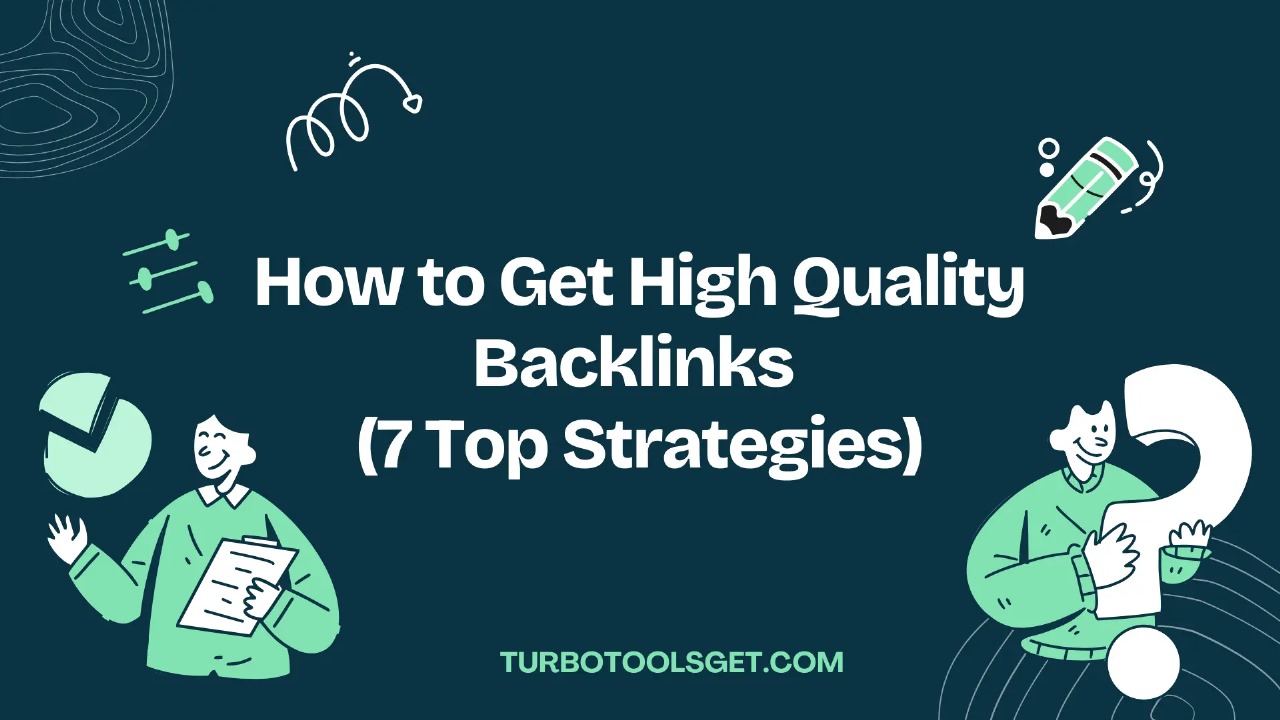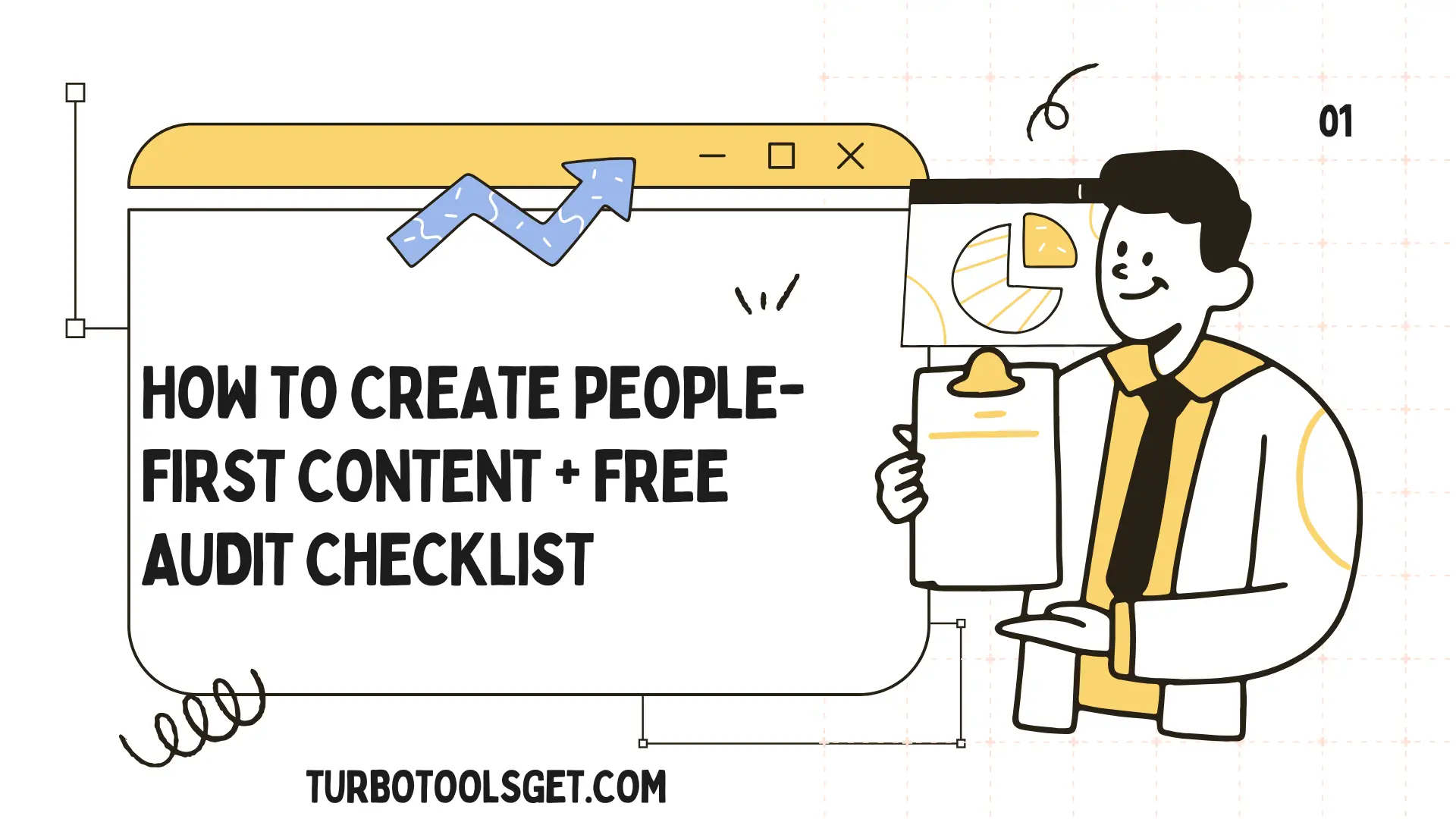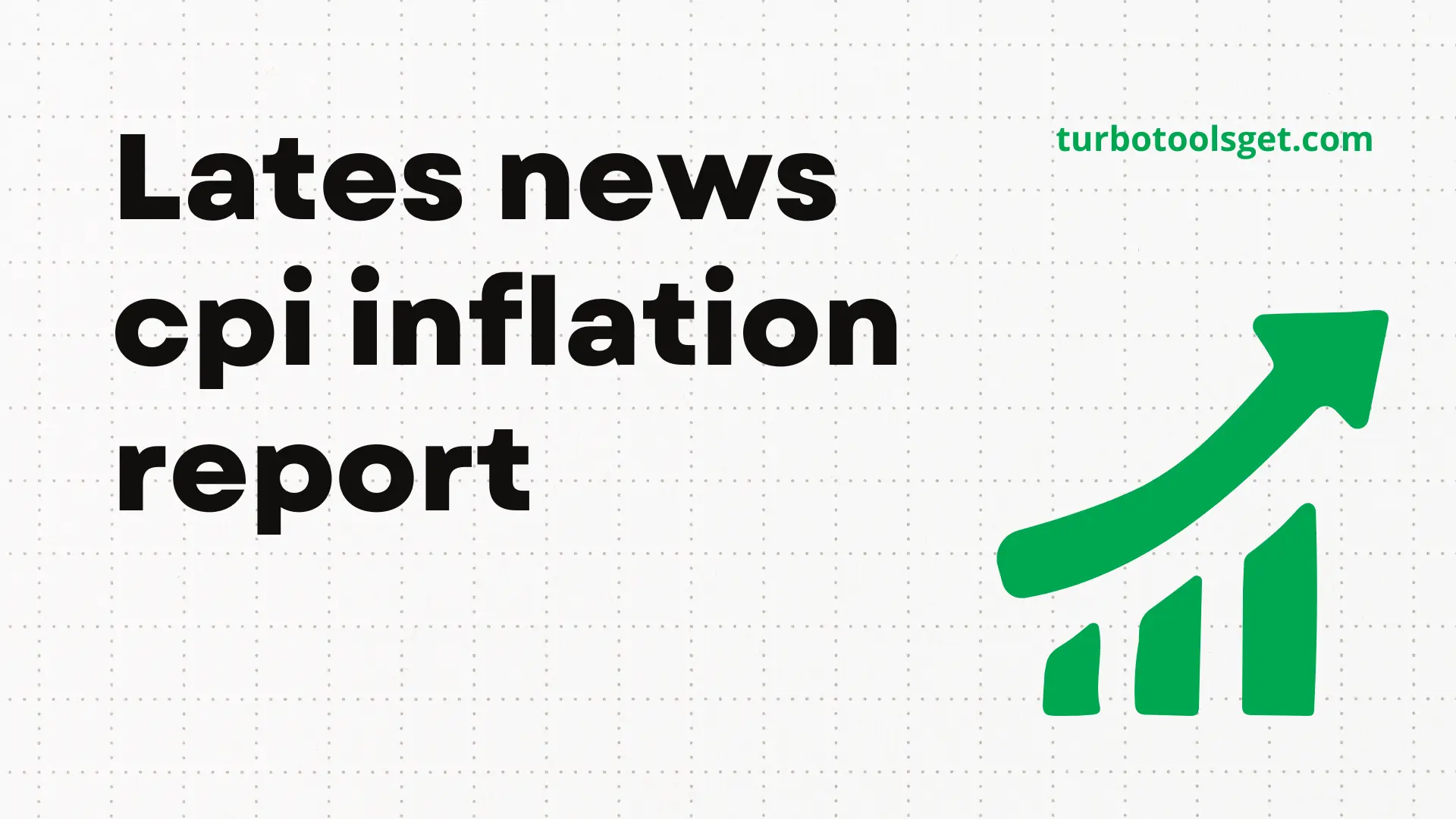Boosting Your Website's Domain Authority and Page Authority
The Domain Authority (DA) and Page Authority (PA) are two very important metrics affecting your website’s search engine rankings.

Moz has created these metrics to help you determine if your website has overall authority, and what each page is capable of ranking for in search results. In this piece, I’ll go into the nitty gritty of DA and PA, and show you how to use them to grow your site’s visibility and traffic in a natural way. Your understanding of Domain Authority (DA) and Page Authority (PA)
Table of Contents
Domain Authority (DA):
Da is a mans of 1 to 100 to decide how well a website is going to rank in search results. The scale is logarithmic so increasing DA from 20 to 30 is much harder than from 60 to 70. However, like any other authority, DA considers several factors, i.e. the number and the quality of the links pointing to your site, the root domains that do the linking as well the overall quality of the linking sites.
Page Authority (PA):
Rather than PA, another metric similar to this one is potential a page has to rank in search results based on a specific term. This proposes something like the number and quality of links pointing directly to that page and the primary authority of domain where this page is held.
Content is King: Create High-Quality, Valuable Content: Instead, focus on delivering original, informative and interesting content that makes an impact to your target audience. It could be blog posts, articles, videos, infographics and more. Always do your thorough keyword research to find the related keywords that will take you higher ranking well in Google’s search results. Title tags, meta descriptions and image alt texts can be improved to suit the search engine visibility.
Build High-Quality Backlinks:
Guest Blogging: Write out a valuable guest post for reference websites in the same field. Not only will this make your brand more visible, but it can also help you get some good back links.
Broken Link Building: Find broken links on other websites, and replace them with your content that is relevant. You’ll earn a valuable backlink and show your expertise in doing so.
Outreach: Find other website owners and influencers in your niche and reach out to them, to build relationships – and possibly get a backlink.
Harmless Backlink Schemes: Leave useful comments with links to your website on online communities and forums when it’s relevant.
Technical SEO:
Website Speed: Make sure your site is fast. Slow loading times have an impact on user experience as well as in search engine rankings.
Mobile-Friendliness: Make your website mobile friendly. Search results on Google prioritize mobile friendly websites. Secure your website and protect user data with use of HTTPS. Search Engines also try to encourage users to move to HTTPS.
Technical Audit: You should audit your website for technical issues such as broken links, duplicate content, crawl errors, etc.
Local SEO (for Local Businesses):
Google My Business: I claim and optimize your Google My Business profile. That will improve your business when people look for you in local searches.
Local Citations: Be sure your business information is the same on all online directories and citation web sites.
Local Partnerships: Promote cross promotion and potential backlink sharing with some other local businesses.
Social Media Marketing:
Active Social Media Presence: Stick around on social media platforms that are related to your niche. Share your content, engage with your audience and make relationship with other users.
Social Media Sharing: It’s encouraging people to share your content on social media and add sharing buttons on your website.
Monitor and Analyze:
Track Your Progress: You need to monitor your DA and PA regularly and tools like Moz Open Site Explorer or SEMrush will do this for you.
Analyze Your Competitors: Find out the DA and PA of your competition and see where they can strengthen their website. Adjust Your Strategy According to your analysis do proper adjustments to your SEO strategy.
Additional Tips for Increasing DA and PA:
Internal Linking: Closely connect to other pages on your website that are of importance. That allows search engines to understand your website’s structure and hierarchy. Citation Flow and Trust Flow: Also provided by Moz, these metrics are how many and quality of links point to a site. Build high quality backlinks in order to improve your Citation Flow and Trust Flow. Domain Age old domains have higher DA and PA. That doesn’t mean that new websites cannot get high rankings, though. Just focus on making high quality content and strong backlink profile.
Brand Mentions: Mention your brand name without a direct link and encourage. But this still can help your website’s authority.
Conclusion:
To increase your website’s DA and PA takes some work and a lots of consistency. But if you can focus on creating great content and building high quality backlinks and you’ll find that organic traffic will improve for your website. DA and PA are not the only ranking factors search engines consider but they are still important metrics to both track and to optimize.
RIZVE MAMUN
CEO / Co-Founder
Enjoy the little things in life. For one day, you may look back and realize they were the big things. Many of life's failures are people who did not realize how close they were to success when they gave up.





